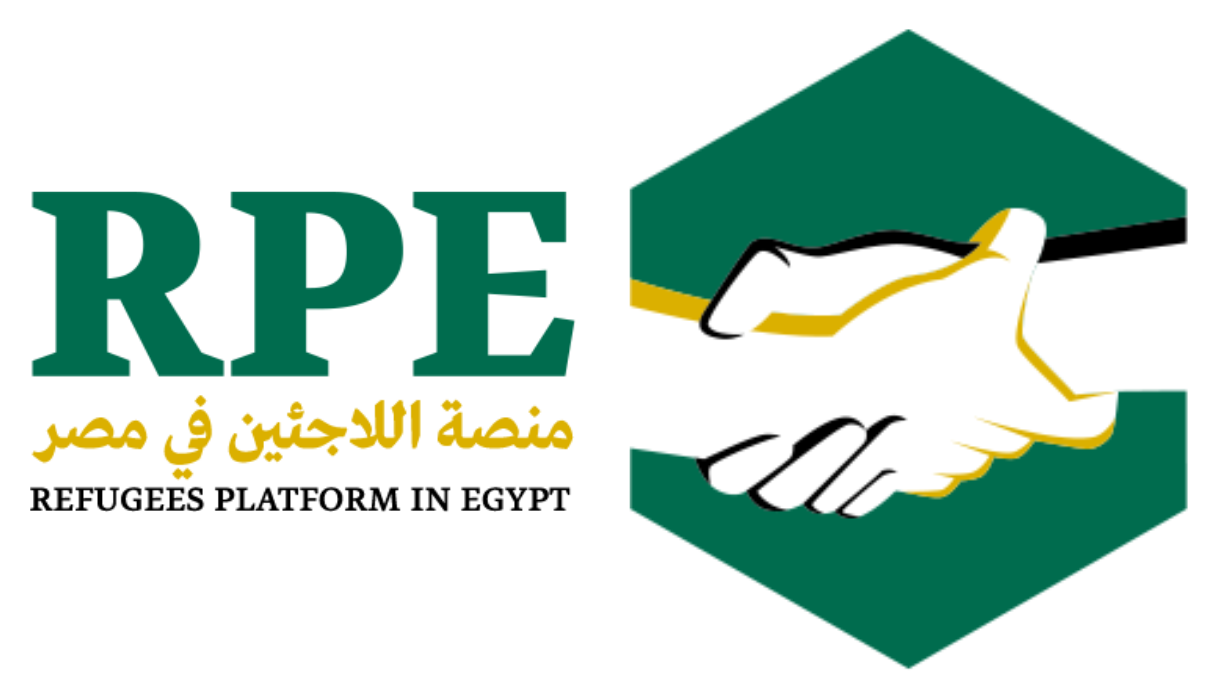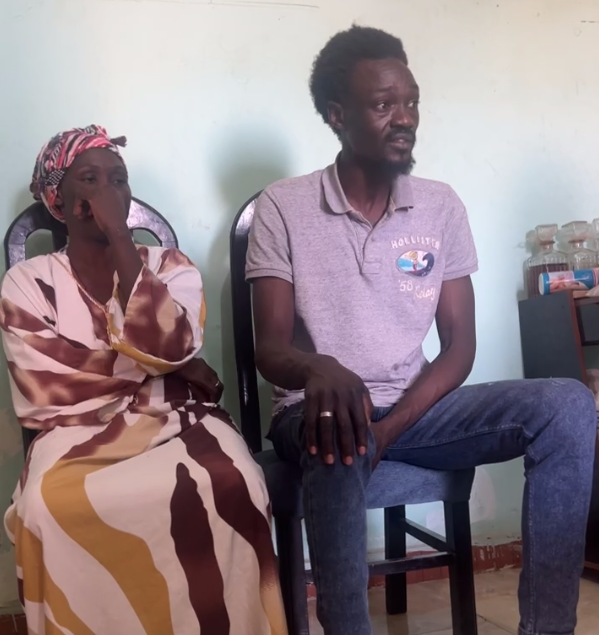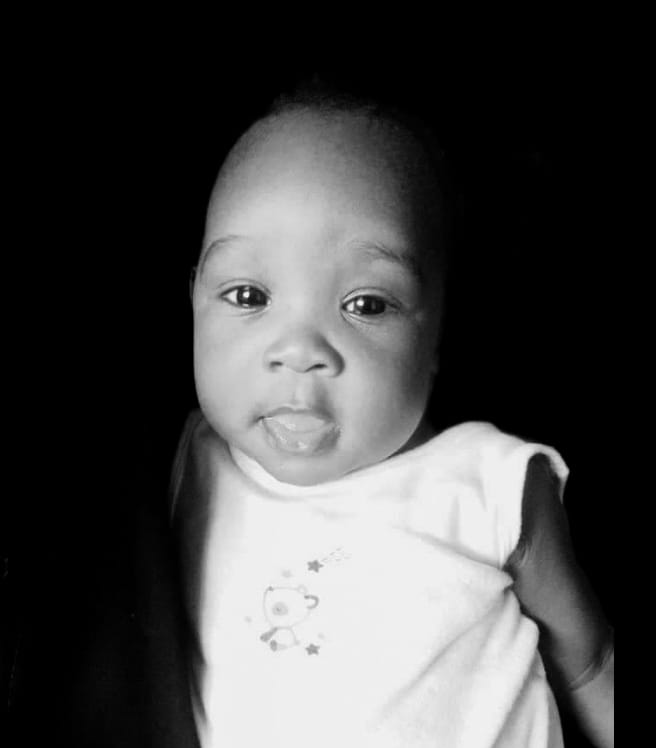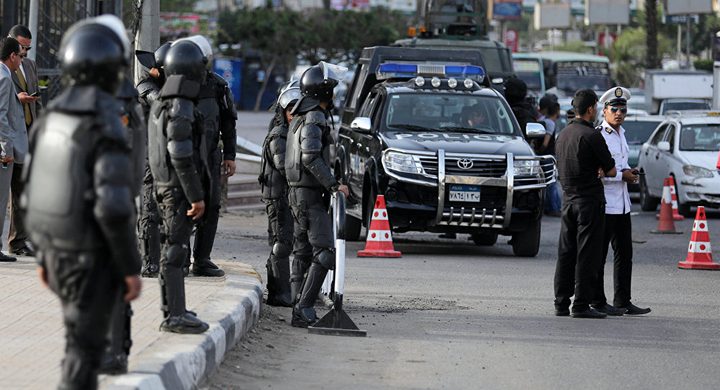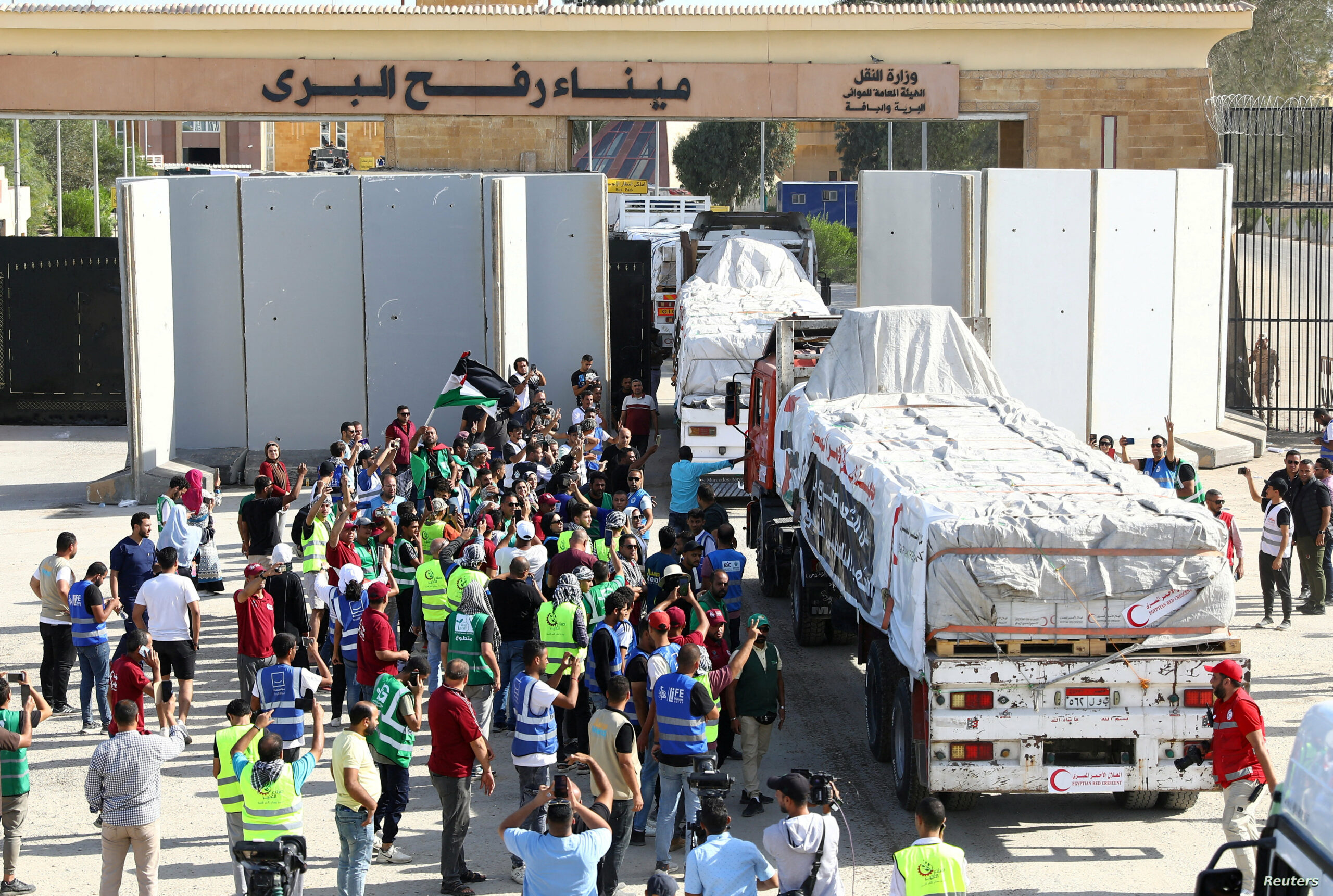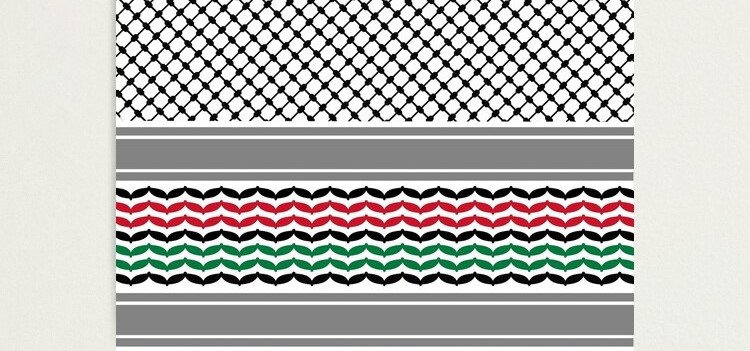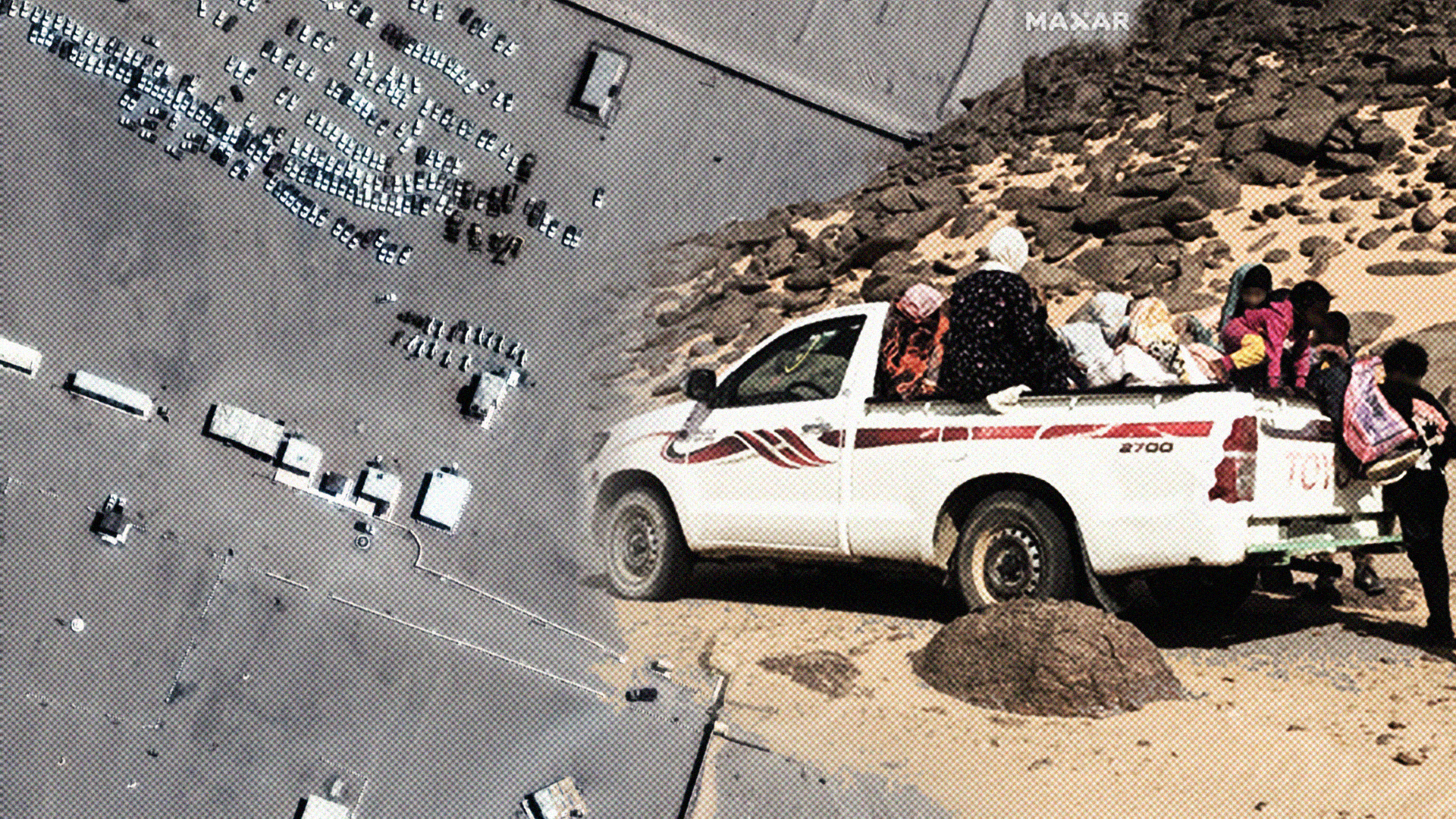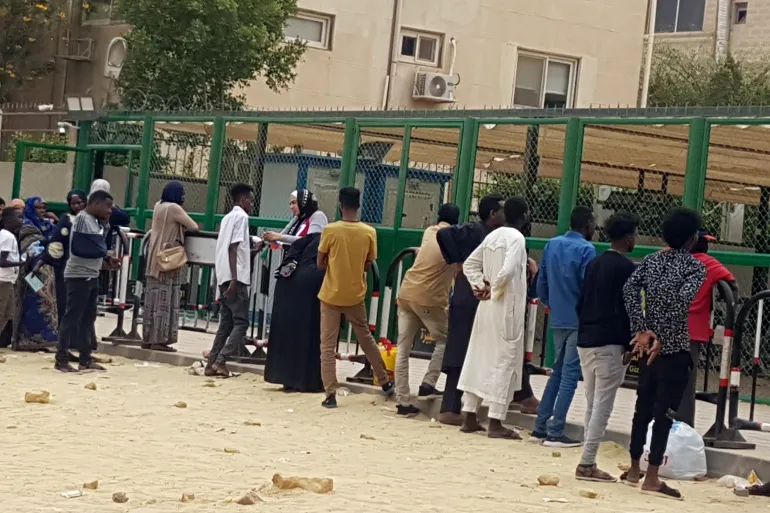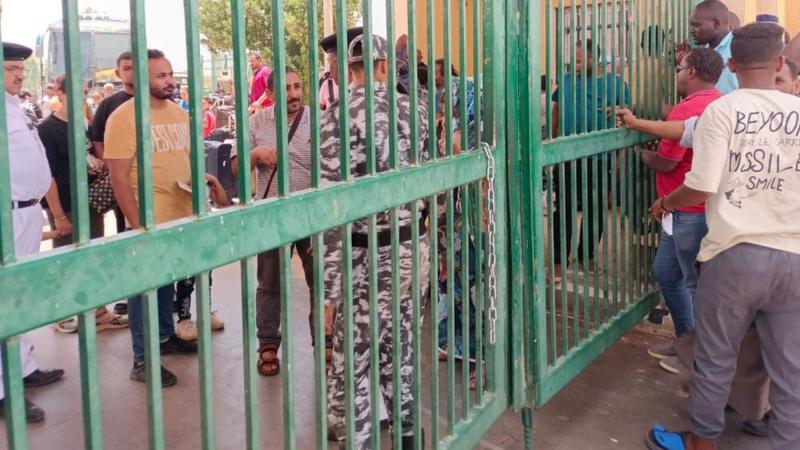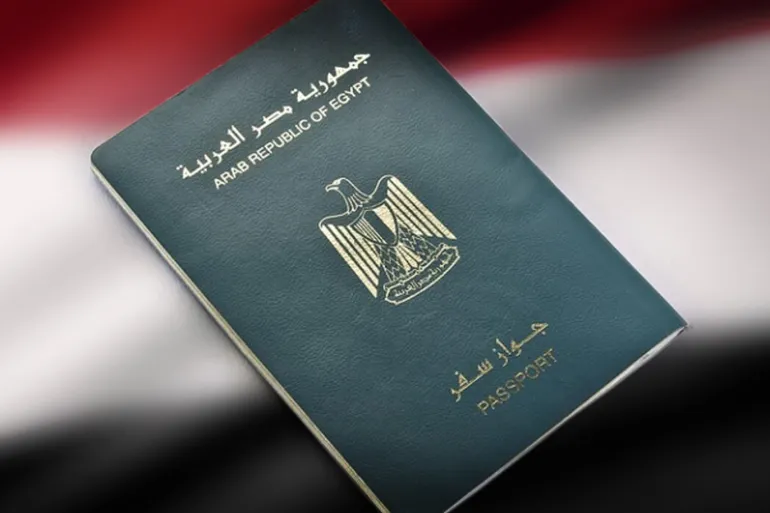The Refugees Platform in Egypt (RPE) is working on fact-checking information and reconstructing the story and events in the tragedy of the capsizing of a boat carrying migrants off the Greek coast.
The RPE publishes the first report from a series of reports documenting what we know about the passengers and verified information about their fates to date.
*The verified information in this report is related to the number of passengers updated as of the morning of June 21, 2023.
The Greek authorities announced the retrieval of at least 82 bodies, as of the publication of this report, and the rescue of 104 survivors, all male. Additionally, 27 survivors were transported to the “Kalamata” hospital for treatment. According to official Greek media, search and rescue operations have supposedly ceased since Sunday, June 18, 2023. However, 3 bodies were recovered near the Greek city of Pylos on Monday, June 19, and transported to Kalamata. Another body was recovered yesterday June 20.
According to a list attributed to the Egyptian Embassy in Greece, which the passengers’ families say they have compiled, the number of Egyptian survivors is 43, as reported by the Greek authorities.
Other testimonies indicate that the boat was carrying at least 750 passengers of different nationalities, including Egyptians, Syrians, Pakistanis, and Palestinians. In addition to women and children, many of whom are Egyptian. Meanwhile, the UN reports that around 550 individuals might be missing.
Survivors’ testimonies suggest that over 100 children were among the boat’s passengers. Testimonies also indicate that women and children on board were in the boat’s refrigerator (located in the boat’s lower part for cooling and storing fish), a few of which are Pakistani.
The spokesperson for the International Organization for Migration (IOM), Flavio Di Giacomo, confirmed on Thursday that “according to preliminary reports, the estimate of 700-750 persons aboard is correct, including at least 40 children. In case these numbers are confirmed, it would make this the second deadliest shipwreck in the Mediterranean Sea.”
Likely, the exact number of victims cannot be accurately determined as the wreckage site of the boat is located in what is known as the Calypso Trench. It is considered the deepest trench in the Mediterranean Sea with a depth of over 4,000 meters, making it extremely difficult to retrieve the boat and the bodies.
 Calypso Trench, the deepest point in the Mediterranean Sea.
Calypso Trench, the deepest point in the Mediterranean Sea.
There is no comprehensive and specific count of the number of Egyptian passengers aboard before the capsizing of the ship, as the Egyptian authorities have not announced the number of missing Egyptians. Meanwhile, the Egyptian Ministry of Exterior announced the formation of a crisis committee to handle the boat sinking tragedy and called on the families of Egyptians who were on board to communicate with them directly or through the designated phone numbers. However, the committee has not issued any statements or reports as of the writing of this report.
At the same time, a Facebook account, which survivors and families claim belongs to the person in charge of the boat journey, posted several photos of lists -some unclear- of passengers of the boat that capsized off the Greek coast, according to him. The published lists suggest that the number surpasses 600 individuals, while survivors’ testimonies indicate that not all names were published.
Syrian human rights groups say that there were at least 120 Syrian passengers aboard, with whom their families have lost contact.
On the Missing Individuals (Reported to Date):
The RPE has obtained two lists of two groups of missing Egyptians. The first contains missing individuals from Al-Naamnah village, Minya Al Qamh, Al-Sharqia Governorate in the delta. It lists 13 individuals, all male, with ages ranging between 13 and 35, including 9 children under the age of eighteen.

An image from Google Maps of the location of Al-Naamnah village, Minya Al-Qamh, Al-Sharqia Governorate.
The second list contains the names of missing individuals from Ibrash village, Mashtoul Al-Souq, Al-Sharqia Governorate. The list includes 30 individuals, 12 of whom are children under the age of eighteen, the youngest being 14 years old. Additionally, the family of one of the listed individuals said that they had received news of their son being in the hospital.

An image of the location of Ibrash village, Mashtoul Al-Souq, Al-Sharqia Governorate (Google Maps).
The RPE has also received reports from families regarding the communication breakdown with their family members who were passengers on the sunken boat, which was done through a form it launched for reports of missing persons and to establish direct communication with their families. The families that filed reports were from the villages of Inshas Al-Raml, Hifna, and Kafr Al-Arab in Belbis, Al-Sharqia Governorate, as well as families from the villages of Dahmasha and Nabtit in Mashtoul Al-Souq, Al-Sharqia Governorate.

An image of the location Belbis, Al-Sharqia Governorate (Google Maps).
Moreover, the RPE has received reports from families of missing individuals from Menoufia Governorate in the delta, specifically from the villages of Hurayn, Birket El Sab’, and Tabluha and Babel, Tala.
The RPE has also received several reports through its dedicated form Syrian families of missing relatives under the age of 18, however, no information about them has yet been made available.
The RPE continues to update the lists of reports to determine whether any of the families have managed to establish communication with their missing relatives.

Some survivors from a sunken fishing boat in Libya, photographed in a warehouse at the Kalamata Port (Greece), June 14, 2023. Uncredited/ AP
The Fate of Survivors
Survivors from a sunken fishing boat off the Greek coast. The boat was carrying hundreds of migrants, including Syrians, Palestinians, Egyptians, Pakistanis, among others (16/06/2023). Source
On Thursday morning, June 15, the 104 male survivors announced by the authorities were all transferred to a large warehouse at the Kalamata port. According to survivors’ testimonies and circulated pictures of them, they were made to sleep on the ground in an unclean area after being provided blankets by the Red Cross; furthermore, they were not allowed contact with their families. The following day, they were transferred to a refugee camp in Malaska, north of Athens.
Authorities indicated that the survivors were 47 Syrians, 43 Egyptians, 12 Pakistanis, and two Palestinians.
The authorities allowed families present in Greece, who had come to the refugee camp in Malaska after the survivors were transferred there from the warehouse, to quickly communicate with their family members through the fence encircling the camp after the conclusion of their initial interrogation on the first day.


An aerial image of the Kalamata port, and the location where survivors were initially housed inside a warehouse on the first day. Source: marinas

A survivor of a deadly migrant shipwreck at open sea off Greece, stands inside a reception and identification camp in Malakasa, Greece, June 17, 2023. [Stelios Misinas/ Reuters]
According to a published list of survivors’ names, 43 of them are Egyptian males. This is further confirmed by information disclosed by the Greek authorities regarding the survivors’ nationalities. Their ages range from 16 to 40, from various governorates including Al-Sharqia and Menoufia, with most of them from Cairo.
Meanwhile, ِِِAmbassador Soha Gendi, Minister of State for Emigration and Egyptian Expatriates’ Affairs Abroad, stated in a call-in with the «Ala Mas’oulity على مسئوليتي» TV program, hosted by the Egyptian journalist Ahmed Moussa, on the “Sadda El Balad صدى البلد” channel on Sunday evening, June 18, that the Egyptian survivors (numbering 43 individuals) are currently in a refugee camp in Greece. She added that they do not wish to return to Egypt and are attempting to continue their experiment and adventure there, describing this adventure as “uncalculated.”

Photo of the location of the Malakasa refugee camp, where most of the survivors are located (Google Maps).
According to the testimony of one of the Egyptian survivors from a village in Tala, Menoufia Governorate, Greek authorities allow survivors to contact their families directly only within narrow limits and under strict procedures. He explained that the survivors are “prohibited from connecting to the internet, taking pictures, or communicating directly with the outside world.”
One of the survivor’s family members stated that the Greek authorities are treating their children as if they were “in a prison, not a camp.”

A photo of the Kalamata General Hospital, where the injured were transferred to (Google Maps).
The fate of the injured
Based on the accounts of Egyptian and Syrian families in Greece who attempted to enter the hospital, Greek authorities have tightened security at all hospital entrances. Additionally, Greek security has been subjecting these families to improper treatment, including prohibiting them from seeing their relatives until they undergo a body search and surrender their phones before entry.
According to survivors’ testimonies, Egyptian authorities detained one of the injured Egyptians last Sunday and included him among the suspects under investigation.
Furthermore, a family member of one of the missing passengers who went to search for his brother in the hospital says that “nobody is allowed entry,” describing the hospital as having turned to a “military barrack.”

Kalamata Hospital, where the injured were admitted after the shipwreck tragedy. Photo Source: certs-it.
In front of the Kalamata hospital on June 18, one of the Egyptian passengers’ relatives, who was in Greece with other Egyptians searching for their relatives, stated that the Greek authorities refused to provide them with information on the injured admitted to the hospital or identify them. He explained that the Greek authorities asked them to “register their information there,” adding that they informed them that “any communication regarding the injured will only be done through their countries’ embassies.”
Furthermore, the brother of one of the injured Egyptians stated “The authorities are treating us very coldly and giving us curt answers. I was only able to see my brother after being stripped of my phone and everything in my pockets.”
Updates on those detained by Greek authorities:
While survivors’ testimonies indicate that there were “six trip organizers on board,” Greek authorities announced the immediate arrest of 8 Egyptian survivors following the shipwreck without disclosing their names. Moreover, Egyptian activists shared a photo from inside the Greek Kalamata police station, showing one of the Egyptian detainees holding a paper with the names and contact numbers of the families of the detainees, stating that the detainees are prohibited from contacting their families and have not been provided with a lawyer.
Based on the testimony of one of the injured individuals, Greek authorities turned up at the Kalamata hospital on June 17, 2023, where they arrested one of the injured Egyptians.
According to the Athens News Agency – Macedonian Press Agency (ANA-MPA), the ages of the nine Egyptian detainees range between twenty and forty years old.
The RPE refrains from publishing their names or private photos as they are still “suspects” who have not yet been “convicted.”
Whereas the Greek authorities announced that among the nine detainees is the captain of the boat, some survivors’ testimonies indicate that the boatman abandoned them at sea when their boat malfunctioned, taking off in another boat before the arrival of the Hellenic coast guard and the capsizing of the boat.
This is confirmed by an audio recording posted the evening of June 13 by the activist Nawal Soufi via her Facebook page. In the recording, one of the boat passengers informs her of the deaths of six passengers, while others tell her that the boat’s captain had left them to return to Libya. Screams of panic can be heard towards the end of the phone call.
Furthermore, survivors’ testimonies also indicate that the trip organizer, known as “Abu Sultan,” was not aboard.
Additionally, a court in southern Greece announced on Monday the postponement of a hearing for 9 Egyptians accused of smuggling migrants in a case related to the capsizing of an irregular migration boat, resulting in the deaths of no less than 81 people.
According to the American news agency, “Associated Press” (AP), the Greek court postponed the hearing for the 9 accused Egyptians until Tuesday to provide them and their attorneys some time to review the testimonies of the nine Syrian and Pakistani survivors, which they gave on Sunday.
Athanasios Iliopoulos, the attorney representing a 22 year-old Egyptian among the 9 accused of smuggling, told AP that all nine suspects denied the charges brought against them in court, claiming they were migrants themselves. Moreover, Iliopoulos stated that his client claimed to have sold his vehicle and borrowed money from his parents to collect the 4,500 euros fee to pay him.
According to the state-owned broadcaster, ERT, “all of the accused denied committing any violations.”
“Our children are victims,” is how some of the survivors’ families describe their children, whom the Greek authorities have accused of human trafficking, causing the boat to capsize, and consequently causing the deaths of its passengers. They narrate the beginning of their loved ones’ journeys as migrants only, with no involvement in smuggling networks, as reported by “Al Manassa المنصة”.
What about the bodies?
The Greek authorities have announced the retrieval of 82 bodies so far without specifying nationalities or ages. They have also not disclosed the means through which families could identify the bodies.
At the same time, Egyptian authorities – represented by The Ministry of Foreign Affairs and the Egyptian Embassy– did not issue any statements or publish any information regarding the procedures families must follow to match DNA test samples with the bodies that have been recovered. This is despite testimonies from families of the missing individuals from Al-Sharqia and Menoufia governorates that the police and village mayors had called them in earlier to do a DNA analysis.
Whereas some of the families of the missing individuals, who traveled to search for their loved ones, reported that Greek authorities took DNA samples from them without disclosing the outcome of the analysis or providing a means of communication with them. Instead, they were instructed to contact their countries’ embassies to inquire about the results of the analysis. Other testimonies reported that they were prevented from accessing the morgue or identifying bodies directly, being limited only to DNA testing.
